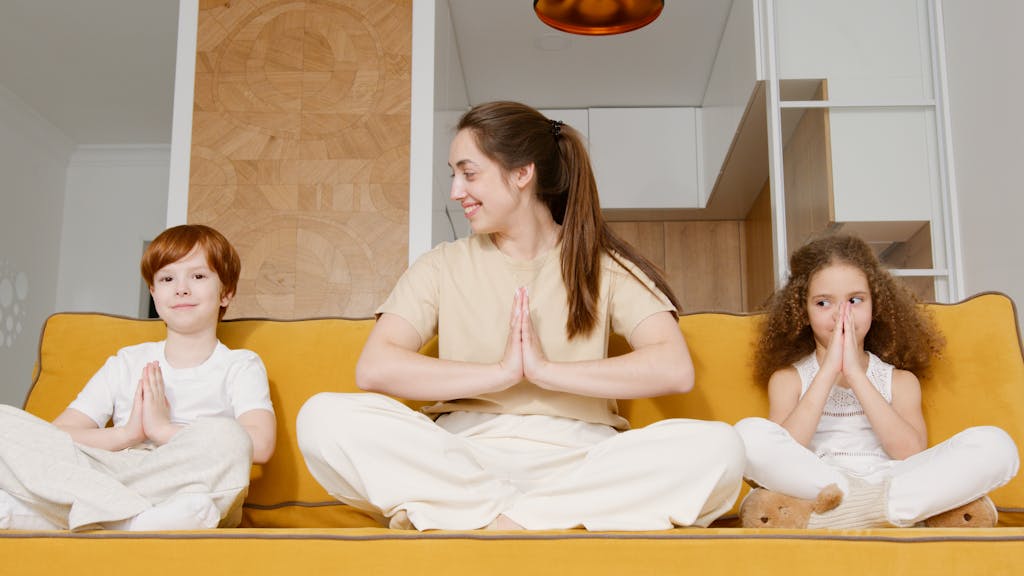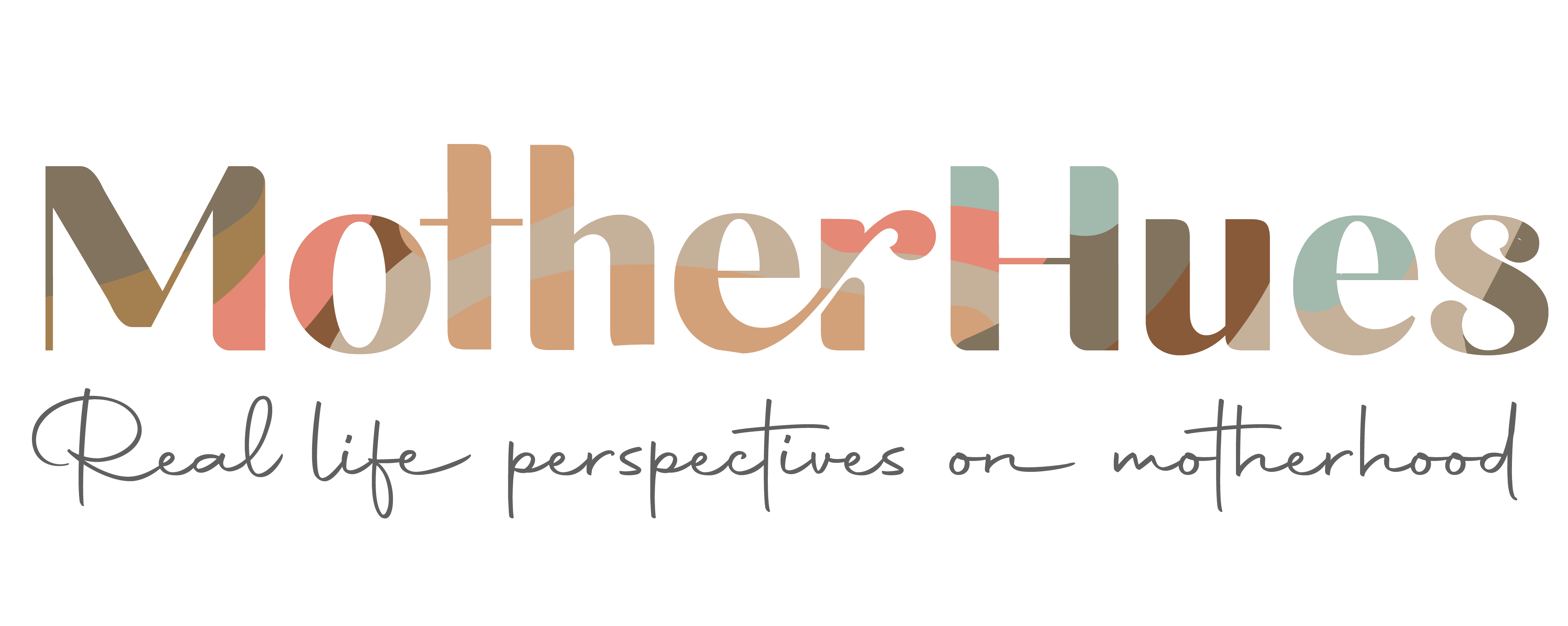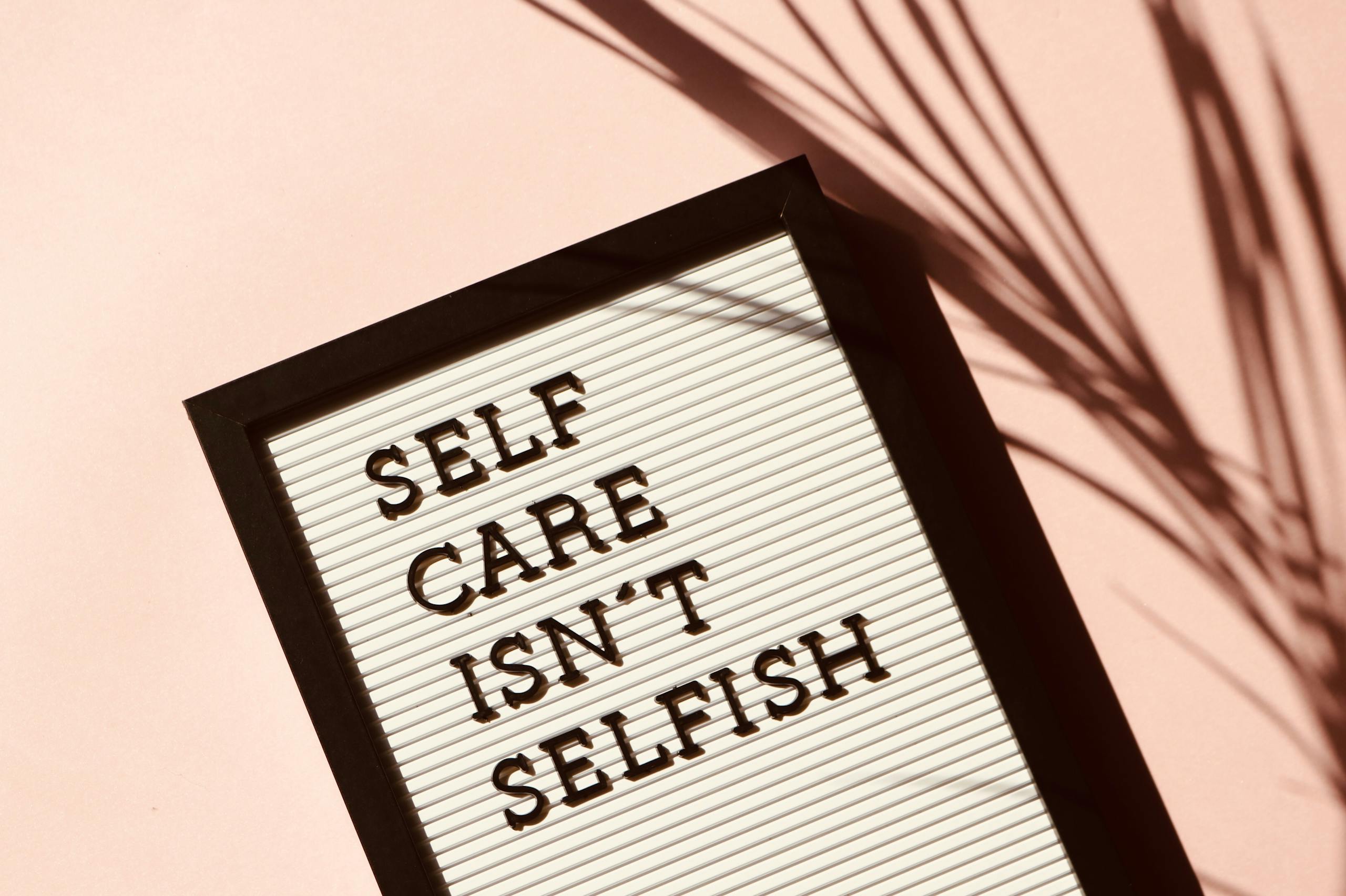Parenting: How to Peacefully Parent Without Yelling

Let me be honest, before I became a parent, I swore I would NEVER yell. I imagined myself handling every tantrum with calm words and a steady voice, you know gracefully guiding my child through life’s ups and downs.
Wrong! Reality check? That image shattered somewhere around the third back-to-back meltdown.
Motherhood has taught me many things, but one of the biggest lessons is this: yelling rarely works—and almost always makes me feel worse. But it’s also taught me that we don’t need to be perfect parents to be intentional ones.
At MotherHues, we believe in showing up for our kids and for ourselves with compassion and truth. So if you’re reading this after a rough morning, or with that heavy mom guilt in your chest, let me say this clearly: you are not alone. And you can do this differently.
This post isn’t about shame. It’s about real-life tools for discipline without yelling, shared from one mom to another.
Why Yelling Doesn’t Actually Work (Even When It Feels Like It Does)
In the moment, yelling feels like release. It cuts through the noise. It gets their attention. But what I’ve learned, through trial, error, and a whole lot of reflection is that yelling creates fear, not respect.
And it teaches our kids that the way to handle big emotions is to explode.
That’s not the model I want to give my children.
Yelling often stops the behavior, but it doesn’t teach the lesson. And it disconnects us from the relationship we’re trying to build.
So what’s the alternative? How do we discipline and hold boundaries without raising our voices?

Start with Regulating Yourself First
I know, I know, it sounds obvious. But it’s also the hardest part. I’ve had to learn how to pause before I react, which takes some serious inner work (thanks to my therapist, LOL).
Here’s what helps:
Step away
(even for 10 seconds) before responding
Breathe deeply
inhale for four, hold for four, exhale for four
Name your emotion
“I feel overwhelmed,” “I feel disrespected,” etc.
Keep a mantra
“I choose connection over control” or “Calm is my power”
When I stay grounded, I respond rather than react. This alone can change the tone in your home.
Connect Before You Correct
When my child is acting out, it usually means something underneath needs attention. Hungry? Tired? Overstimulated? Or maybe they just need connection?
I try to meet the need first, then address the behavior.
Instead of yelling from across the room, try walking over, get eye level, and say something like:
- “I see you’re having a hard time.”
- “Let’s take a deep breath together.”
- “I’m here to help you calm down.”
Once they’re regulated, then it’s easier to talk about what went wrong.

Use Clear, Calm, Consistent Consequences
Yelling usually happens when we’re trying to enforce a rule that keeps getting ignored. What works better? Clear expectations with consistent follow-through.
Instead of:
“If you don’t stop, I’m going to lose it!”
Try:
“If you throw that again, the toy will go away until tomorrow.” (And calmly follow through.)
Some of our family’s go-to strategies:
- Natural consequences (e.g., if you spill it, you clean it up)
- Logical consequences (if you fight over the tablet, it goes away)
- Time-ins instead of time-outs (we sit together until calm returns)
Use “When-Then” Language Instead of Threats
This is one of my favorite swaps. Instead of threatening punishment, use “when-then” statements to communicate boundaries with clarity and calm.
Examples:
- “ You can go outside once your shoes are on.”
- “When your homework is finished, then we’ll watch your show.”
- “ I can help you as soon as your voice is calm.”
It takes the power struggle out of the equation and still sets the limit.
Offer Choices That Empower
Yelling often comes from power struggles. One way to reduce that is to give kids small, age-appropriate choices.
It can be as simple as:
- “Would you like to brush your teeth before or after pajamas?”
- “Two more slides or three?”
- “Do you want the red plate or the blue one?”
This keeps them engaged and helps them feel in control without the need for yelling, forcing, or endless negotiating.

Have a Calm-Down Plan for Everyone
We talk a lot about kids having calm-down strategies, but honestly, moms need one too. Here is a simple plan for when tensions run high:
- Say, “I need a break to calm down” and step into another room.
- Have a calm-down basket: essential oil roller, stress ball, a note from my kids.
- Return and ask, “Can we start over?”
You can also teach your children calming tools like bubble breathing, tracing their fingers while breathing, or hugging a stuffed animal. It can be a game-changer.
Repair, Reflect, and Reset When You Mess Up
Even with all these tools, I still yell sometimes. But that’s ok, I’m human. We all are.
What matters most is what we do after the yelling. One of the most healing things I’ve started doing is simply apologizing to my kids.
“I’m sorry I yelled earlier. I felt overwhelmed, but that’s not your fault. I love you, and I’m going to keep working on using calm words.”
This teaches them:
- That making mistakes is part of being human
- How to take responsibility
- That love includes repair

Final Thoughts from One Imperfect, Intentional Mom
Parenting without yelling isn’t easy. It’s not always natural. But it is possible and more importantly, it’s worth it!
We can be firm without being harsh, set boundaries without shouting, and we can discipline with dignity, ours and theirs.
If you’re working on this too, I hope this post feels like a deep breath. Because you don’t have to be perfect. You just have to keep showing up, learning, and loving.
That’s the real work of motherhood. And you’re already doing it.
Let’s Keep the Conversation Going
Have you found calm discipline strategies that work for your family? Do you have a “yelling recovery” story to share?
Drop a comment below or tag @MotherHues on Instagram using #ParentingWithoutYelling.
We’d love to keep the conversation going because together, we grow stronger!





